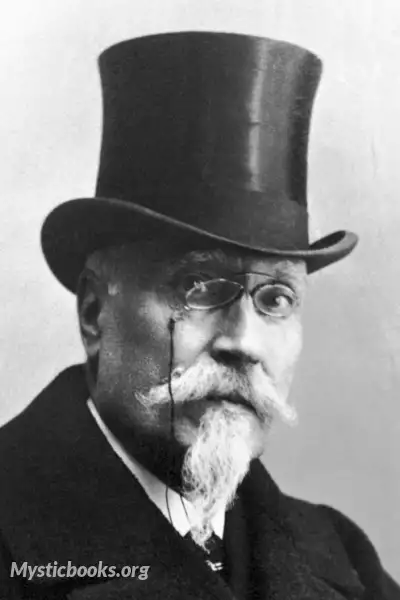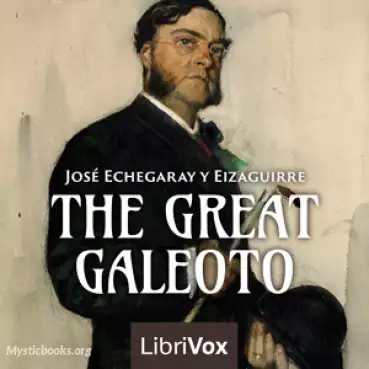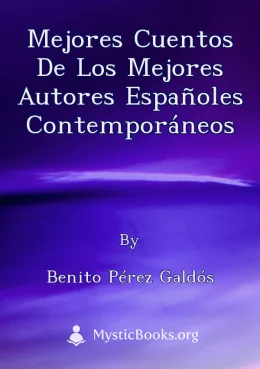
Timeline
Title
Country/Nationality
José Echegaray y Eizaguirre
José Echegaray y Eizaguirre was a Spanish civil engineer, mathematician, statesman, and one of the leading Spanish dramatists of the last quarter of the 19th century. He was awarded the 1904 Nobel Prize in Literature "in recognition of the numerous and brilliant compositions which, in an individual and original manner, have revived the great traditions of the Spanish drama".
He was born in Madrid on 19 April 1832. His father, a doctor and institute professor of Greek, was from Aragon and his mother was from Navarra. He spent his childhood in Murcia, where he finished his elementary school education. It was there, at the Murcia Institute, where he first gained his love for mathematics. While still a child he read Goethe, Homer, and Balzac, readings that alternated with those of mathematicians like Gauss, Legendre, and Lagrange.
In order to earn enough money to attend the Escuela Técnica Superior de Ingeniería de Caminos, Canales y Puertos (Engineering School of Roads, Channels and Ports), he moved at the age of fourteen to Madrid. At the age of twenty, he left the Madrid School with a Civil Engineering degree, which he had obtained as first in his class, and he had to move to Almeria and Granada to begin working at his first job.
In 1854 he began teaching a class at the Engineering School, working as a secretary there also. He taught mathematics, stereotomy, hydraulics, descriptive geometry, and differential and physical calculus from that year until 1868. From 1858 to 1860 he was also a professor at the Assistants' School of Public Works.
His Problemas de geometría analítica (1865) and Teorías modernas de la física. Unidad de las fuerzas materiales (1867) were held in some regard. He became a member of the Society of Political Economy, helped to found the magazine La Revista, and took a prominent part in propagating free trade doctrines in the press and on the platform.
He was clearly marked out for office, and when the revolution of 1868 overthrew the monarchy, he resigned his post for a place in the revolutionary cabinet.
Books by José Echegaray y Eizaguirre

The Great Galeoto
"What touches us more closely is Echegaray's manipulation of the modern conscience, and its illimitable scope for reflection, for conflict, and the many-sided drama of temptation.... Not even Tolstoi, with all that delicacy and keenness of the Russia...

mejores cuentos de los mejores autores españoles contemporáneos
Esta antología reúne una selección de cuentos de autores españoles del siglo XIX, incluyendo nombres como Benito Pérez Galdós, José Echegaray, Emilia Pardo Bazán, Vicente Blasco Ibáñez, Ramón Valle-Inclán, Joaquín Dicenta, y Palacio Valdés. Los cuent...